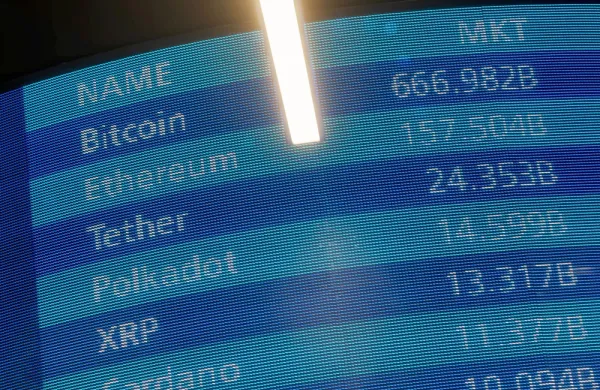Global stock markets may have surged in the first quarter, generating their second straight double-digit quarterly gains, but Richard Perry barely participated.
The founder of Perry Capital did post a net composite return of 4.83 percent for the three-month period. But it greatly lagged the widely following indexes such as the MSCI World index, which climbed 10.94 percent and the S&P 500, up 12.58 percent. The reason: Perry is pretty cautious these days.
In his quarterly letter to clients, the hedge fund manager noted that while the global equity markets benefitted from the European Central Bank’s easing, he continued to run a low-beta, well-hedged portfolio invested in stressed, distressed and event-driven situations with catalysts that should unlock value.
The one-time merger arbitrage specialist has morphed into an event-driven specialist, mining restructurings, mergers, acquisitions, reorganizations, spinoffs and legal outcomes — among other events — which, he stresses, “typically resolve on their own time frame and are less dependent on market movements.”
And his first quarter portfolio and gains shed an interesting light on how these event-driven managers operate.
Perry founded Perry Capital in 1988 after toiling in a number of capacities at Goldman, Sachs & Co., including in equity trading. While working on Robert Rubin’s risk arbitrage desk he is credited with helping to hire a number of hedge fund luminaries — ESL Partners’ Edward Lampert, Och-Ziff Capital Management’s Daniel Och, Eton Park Capital Management’s Eric Mindich and Farallon Capital Management’s Thomas Steyer.
In his first full 19 years running Perry Capital, he never suffered a losing year. He also has racked up double-digit returns in 16 of the 23 full years he has been running his New York City–based hedge fund. However, he has been in the red in two of the past four years, including in 2011 when Perry Partners lost 4.4 percent and Perry Partners International fell more than 7 percent.
He points out in his first-quarter letter that his fund’s largest individual risk exposure was tier-1 preferred positions in U.K., which he adds performed well during the first quarter. Tier 1 is a bank’s core capital while tier-1 preferreds are frequently called “hybrid instruments” because they contain both debt and equity features.
Perry tells clients The Royal Bank of Scotland (RBS) tier-1 bonds rose about 40 percent during the period, noting the bank continued to make progress de-risking its balance sheet. “As RBS exits the European Commission restructuring period at the end of April, we expect more flexibility regarding dividend payments and further liability management,” Perry adds.
He also owns some Lloyds Bank paper, which also went up in price after the company resumed making coupon payments on its tier-1 securities on February 7, 2012.
Perry trimmed his positions during the quarter to lock in some of the profits.
He also made money on Lehman Brothers, which emerged from bankruptcy on March 6. The emerged entities began making distributions to creditors on April 17, he points out in the letter.
Perry also posted strong gains from the shares of U.S. auto parts maker Delphi, which went public last November after it emerged from bankruptcy. He points out the stock is up 44 percent from its IPO price, adding that at the end of January the company reported fourth-quarter results that beat analyst expectations. “We expect the company to grow at a faster rate than the overall industry driven largely by its leading market position in fuel efficiency, safety and technology,” he states. And despite the stock’s rapid run-up, he still believes it is cheap, asserting it continues to trade at a substantial discount to its automotive supplier peer group.
In the first quarter, Perry also increased his position in Eksportfinans, a Norwegian government-related entity that historically provided financing to the Norwegian export sector. The Kingdom of Norway owns 15 percent of the equity while a number of Norwegian and other Scandinavian banks own the remaining 85 percent.
The hedge fund manager points out that back in November, The Kingdom of Norway announced it would create a new 100 percent government-owned institution to provide export finance loans and that it would revoke the monopoly license from Eksportfinans. In response, the ratings agencies downgraded the company’s bonds seven notches and many pensions, insurance companies and other historic holders of the paper were forced to unload their investments. This caused the bond prices to drop 30 points and trade at a steep discount to many Scandinavian banks.
Back in the U.S., Perry owns the senior debt of casino group Caesars Entertainment, which was trading at about 77 percent of par and yielding 14 percent following Caesars’ IPO in February.
On the other hand, in the first quarter Perry lost money on shorts of certain European positions. He also lost money on Universal American, whose stock fell after the company announced in January plans to acquire privately held APS Healthcare for $227.5 million; and on shares of Yahoo, “primarily on news that the deal with Alibaba is stalled.”







